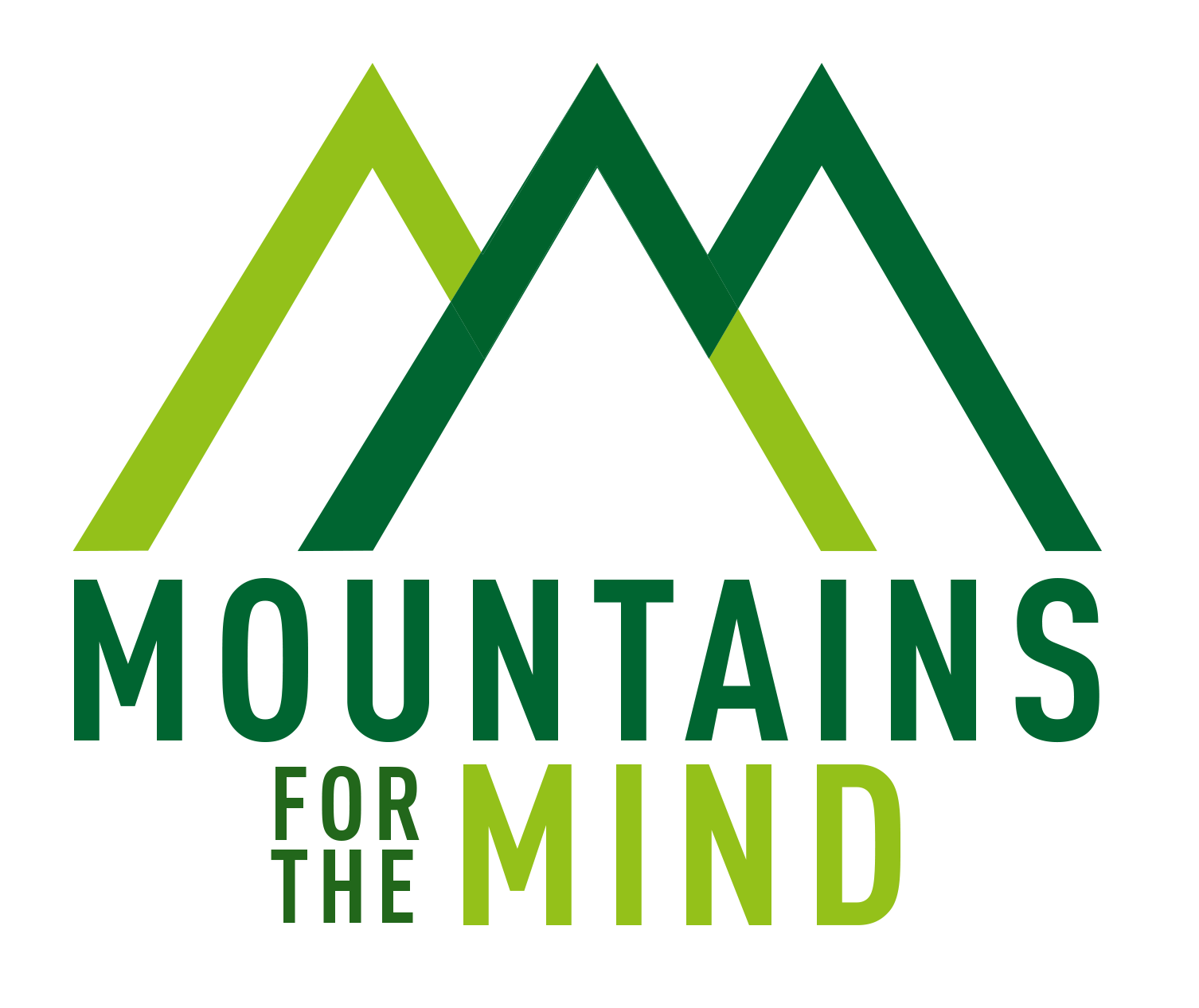Zahrah Mahmood, The Hillwalking Hijabi
"Hillwalking brings physical and mental health benefits, but I’ve also enhanced my spiritual health"
I’d never exercised intentionally, let alone gone up a hill ‘for fun’. So when two friends took me up Ben Lomond as a birthday present and a way to de-stress from the pressure of difficult professional exams, I thought I’d drawn the short straw!
I’d love to say it was an amazing transcendent experience, but it wasn’t. I struggled the whole way up, not just with my fitness but also the stares – I was the only hijabi and the only brown person on the mountain. While I didn’t take away an instant love for hillwalking, I did take away a confidence in myself and my abilities.
It wasn’t until I was going through a difficult time in my life, about a year later, that I returned to the hills. This time a much smaller hill, in line with my confidence and fitness. For the first time in years, I didn’t have the murmur of worries swarming around in the back of my mind. I was concentrating only on putting one foot in front of the other and getting to the summit, while enjoying the amazing views.
The feeling was next to none and I was in awe that I could enjoy something so physically challenging. Since then I haven’t looked back, and I’ve used almost all my weekends for hillwalking and exploring different areas of Scotland.
Most will agree that hillwalking brings physical and mental health benefits. But I’ve also managed to enhance my spiritual health through the outdoors. The Prophet Muhammad (peace and blessings be upon him), used to frequently escape the hustle and bustle of the city to enjoy the solitude of the hills, using it as a means to reconnect and reflect with God. I now strive to have this intention when escaping to the mountains.
During the years I’ve been hillwalking, I can count on two hands the number of times I’ve seen another ethnic minority on the mountains. This is hardly surprising when you look at the depressing statistics. For example, a Sports England survey found that activity levels for Asians (excluding Chinese) were the lowest of all ethnicities at 56%, followed closely by black people (57%).
My community, the South Asian community, is almost 50% more at risk of developing coronary heart disease and Type 2 diabetes. In part this is genetic, but our lifestyle also plays a big role. Other community groups face similar health risks, which makes it even more important that we are all able to enjoy the outdoors.
But is the outdoors a free space for all of us? Some of the factors stopping ethnic minorities enjoying the outdoors are the same for everyone; finances, access, time and other priorities. But another barrier is fear of putting yourself in a situation where you know you will stand out in a predominantly white space. Which unfortunately has a lot to do with the lack of representation from outdoor companies and brands, and not seeing someone who looks like you being represented in a meaningful way. All of this and more means you are pretty much (at the least) guaranteed stares and the possibility of questions.
If you don’t know what it feels like to stand out, then you won’t appreciate the mental exhaustion of constantly explaining things or answering questions and feeling like a voice for an entire community, instead of just yourself. A lot of us face this on a daily basis – at work, college or school – so to willingly put yourself in another similar situation is not an appealing prospect. This is why groups like Black Girls Hike, and Boots and Beards, are so important. They allow you to enjoy and explore the outdoors in a safe space, free of judgement and questions, where you can be yourself.
Zahrah is a passionate hillwalker, based in Scotland, who runs the popular Instagram account The Hillwalking Hijabi. Follow her adventures online at @the_hillwalking_hijabi


